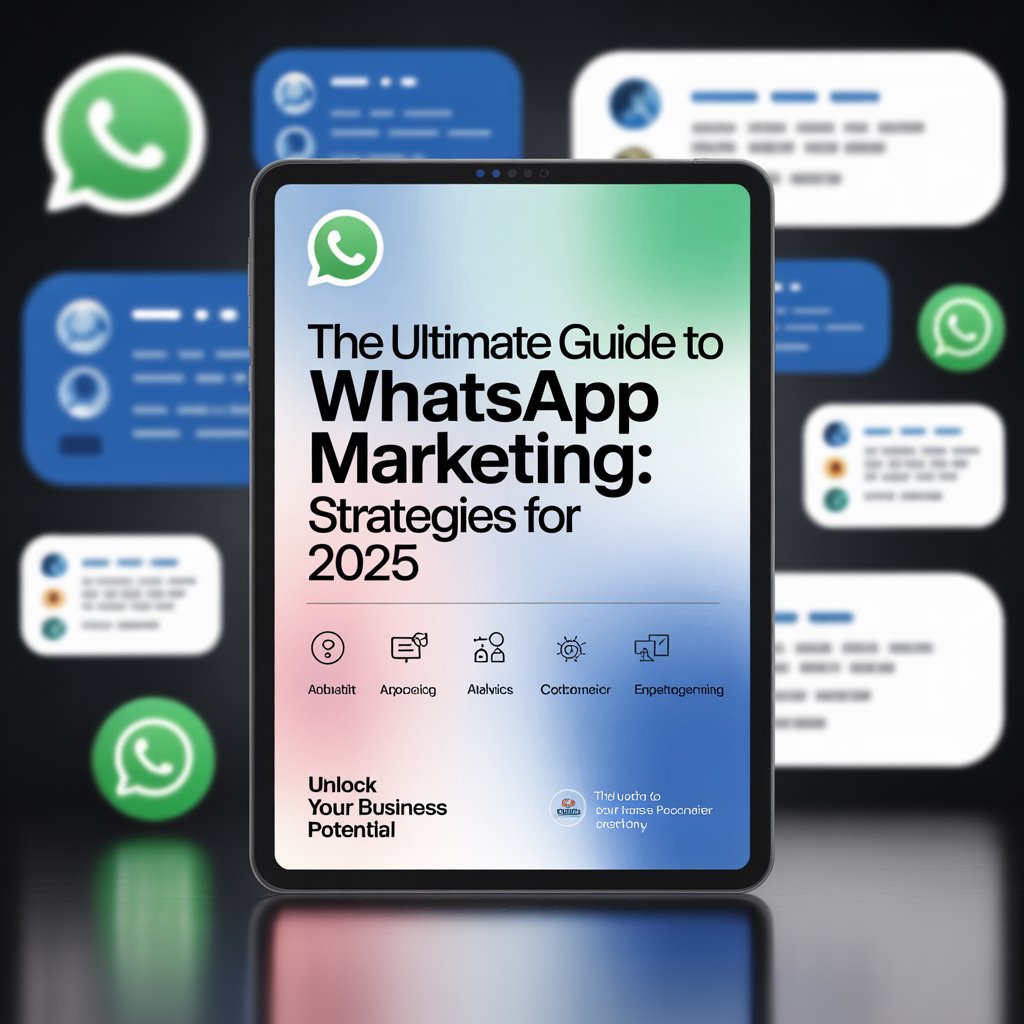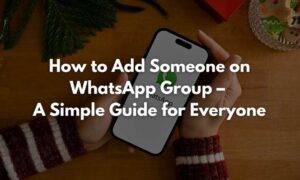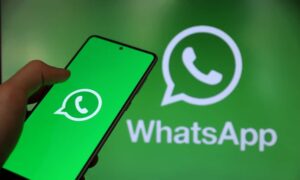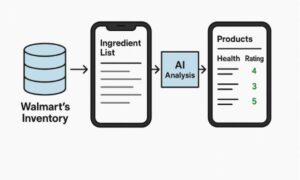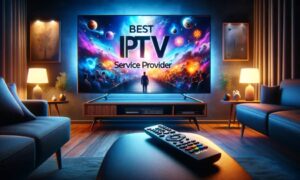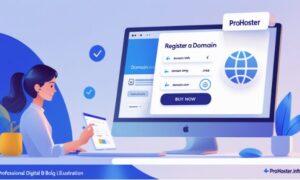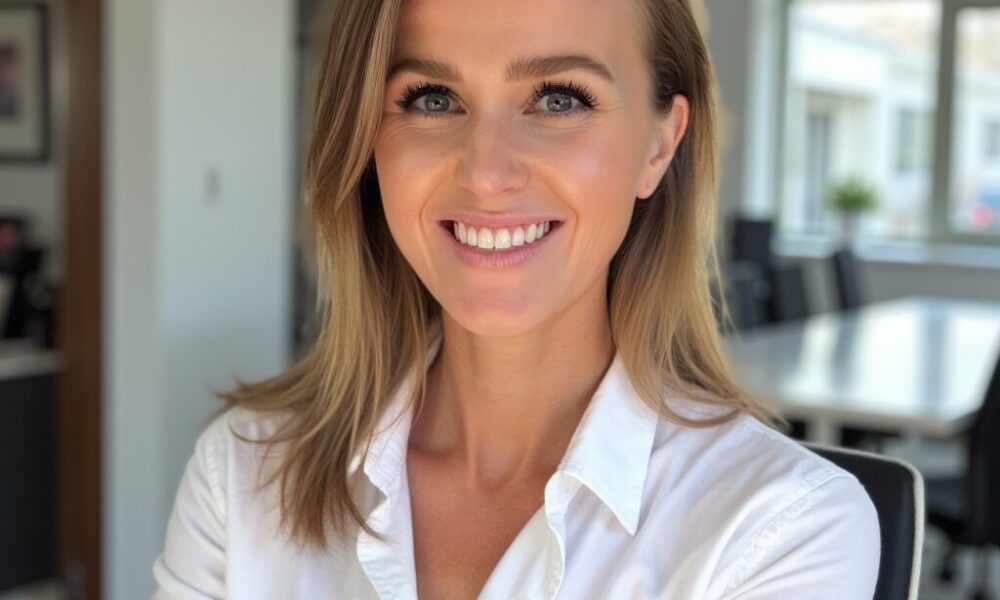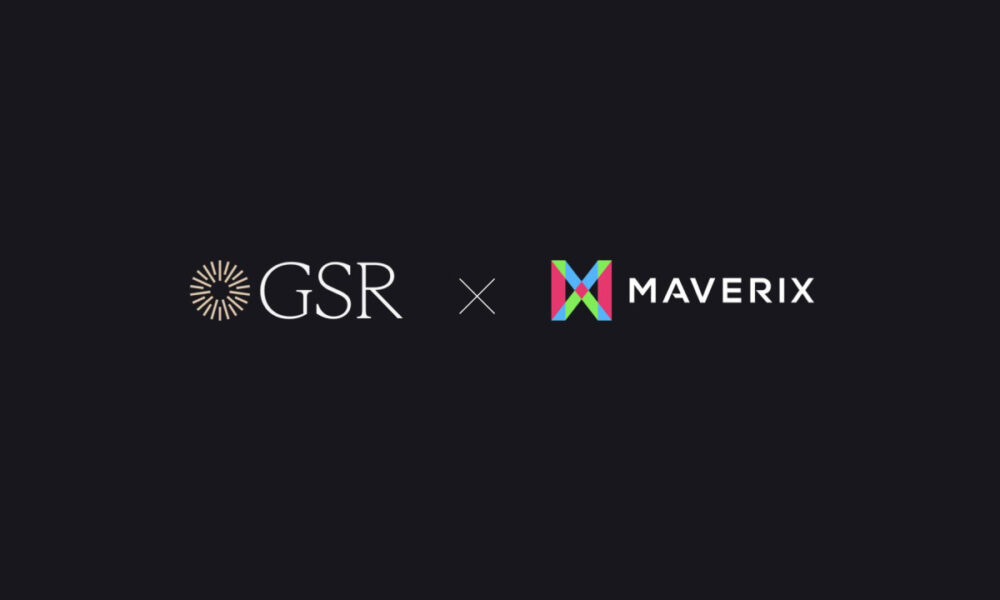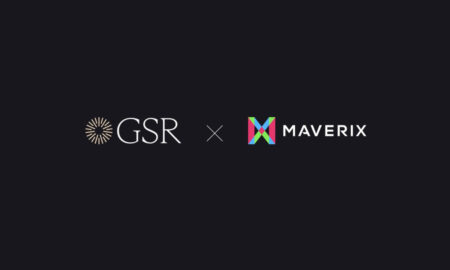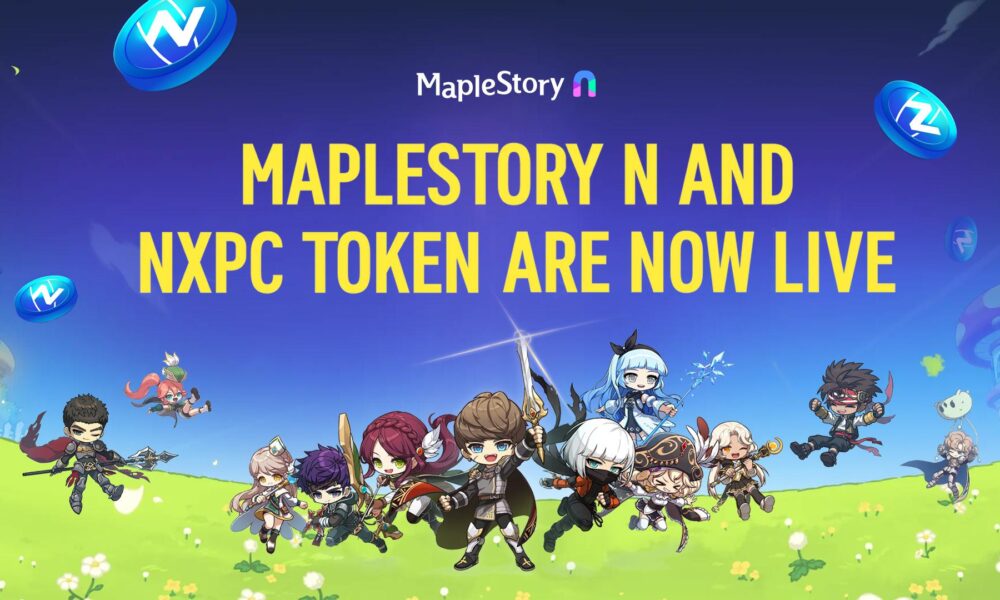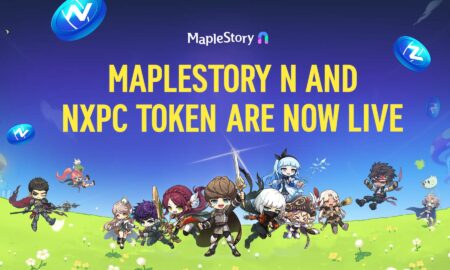With WhatsApp projected to reach around 3 billion monthly active users globally in 2025, the platform has evolved well beyond personal messaging. It is now a central channel for customer engagement and business growth.
Despite this growth, many companies still treat WhatsApp as a reactive tool, using it mainly for support or post-sales communication. This approach overlooks its broader commercial potential.
If your goal is to automate conversations, accelerate sales, and manage high-volume interactions efficiently, this guide will walk you through the full-stack WhatsApp marketing framework that is driving results in 2025.
Why WhatsApp Marketing Is a Priority Channel in 2025
WhatsApp’s role in business communication has transformed significantly, making WhatsApp marketing one of the most effective strategies for real-time customer engagement in 2025.
- Expanded API access: The availability of WhatsApp Cloud API has opened the door for businesses of all sizes to implement advanced WhatsApp marketing features. What was once reserved for large enterprises is now accessible to small and mid-sized companies, enabling greater automation, scalability, and system integration.
- Decline of fragmented communication channels: Juggling multiple platforms like email, SMS, and web chat is no longer sustainable. WhatsApp simplifies this by offering a centralised solution that combines messaging, product catalogues, payments, and automation. As a result, WhatsApp marketing allows businesses to deliver a more consistent and responsive customer experience from a single platform.
WhatsApp Business vs WhatsApp Business API: Which One Should You Use?
In 2025, there are two primary options — WhatsApp Business App and the WhatsApp Business API — catering to entirely different business needs.
| Feature | WhatsApp Business App | WhatsApp Business API |
| User Limit | 1 Device | Unlimited |
| Automation | Basic (Quick Replies) | Advanced (Chatbots, CRMs) |
| Catalogue | Yes | Yes |
| Multi-Agent Support | No | Yes |
| Use Case | Small Business | Mid & Enterprise |
5 WhatsApp Marketing Strategies That Actually Work in 2025
Once you’ve chosen the right infrastructure, execution becomes key. These are the most effective, technically proven WhatsApp marketing strategies businesses are implementing in 2025:
1. Click-to-WhatsApp Ads with Funnel-Level Attribution
One of the fastest ways to start generating leads on WhatsApp is by connecting it to your Meta Ads Manager. These click-to-chat ads send users directly into your WhatsApp inbox with a pre-filled message and campaign tag.
Here’s what makes them powerful:
- Use wa.me links with UTM tracking to identify ad source
- Auto-send the first message based on campaign objective
- Set up different journeys for prospects depending on their entry point
This creates a frictionless entry point into your sales funnel and dramatically reduces drop-off at the lead capture stage.
2. Automated Broadcast Campaigns for Sales & Retargeting
Gone are the days of one-size-fits-all broadcast messages. In 2025, WhatsApp allows for media-rich templates, quick-reply buttons, and personalised placeholders — all optimised for engagement.
Here’s how to maximise impact:
- Segment users by purchase intent, tags, or behavioural data
- Schedule broadcasts across time zones for better reach
- Track open, click, and response rates per campaign for better optimisation
Meta’s policy-compliant template usage is essential to ensure message delivery and account reputation.
3. Pre-Sales Qualification Using Chatbot Automation
Manual lead filtering is time-consuming. Instead, build a chatbot logic tree that automates qualification and initial engagement.
You can:
- Filter leads by attributes like budget, product interest, or urgency
- Provide instant product recommendations from your WhatsApp catalogue
- Auto-route qualified leads to the right sales agent for human follow-up
This system ensures your team focuses only on high-intent leads, saving time and improving conversions.
4. WhatsApp-First Commerce Funnels
More brands are now embedding the entire buying journey within WhatsApp. These commerce funnels significantly reduce user friction and streamline conversions.
Key features include:
- Sharing dynamic product catalogues in chat
- Letting users add to cart within the app
- Sending secure payment links through Stripe, Razorpay, or UPI
- Managing the entire post-purchase journey, including order tracking and review collection
This approach delivers a smoother shopping experience and higher conversion rates.
5. Retention Through Smart Drip Campaigns
Acquisition is only part of the puzzle — retention and repeat sales are where long-term value lies. WhatsApp drip campaigns allow brands to stay relevant without being intrusive.
Examples include:
- Thank-you messages after a purchase
- Refill or restock reminders on set intervals
- Customer onboarding sequences for new users
- Loyalty program updates or exclusive deals for repeat buyers
Drip logic can be triggered by time delays, behaviours, or user tags, offering granular control over message timing and content.
While each of these strategies can drive results individually, managing them manually or across disconnected tools quickly becomes inefficient and unsustainable.
Zoko brings all aspects of WhatsApp marketing together in one centralised platform. From click-to-chat ad integration and automated broadcasts to commerce flows and chatbot-driven engagement, everything works in sync.
It also includes compliance safeguards, real-time performance tracking, and multi-agent capabilities. Zoko is designed for businesses that want to scale their revenue through WhatsApp in 2025 with precision and control.
Technical & Compliance Considerations for 2025
WhatsApp’s infrastructure is now mature, but scaling requires you to stay compliant and strategic.
Here’s what you must know:
-
Types of Messages
- Session Messages: Any message sent within 24 hours of a user’s last response. Free-form, real-time communication.
- Template Messages: Pre-approved by Meta. Used for proactive outreach (e.g., reminders, promos, confirmations).
-
Billing Model
WhatsApp charges per 24-hour session. Rates differ by:
- Conversation type (user-initiated vs business-initiated)
- Country of recipient
- Monthly volume and quality score
-
Opt-In and Consent
You must obtain explicit user consent before messaging. Acceptable methods:
- Checkbox at checkout
- SMS opt-in
- Website popups
- QR codes linked to pre-filled WhatsApp messages
-
Broadcast Limits
Meta tiers businesses into messaging tiers based on engagement. With Zoko, you can:
- Monitor broadcast performance in real-time
- Adjust send volumes based on response quality
- Avoid bans or message throttling by staying within the allowed quota
Final Thoughts
In 2025, WhatsApp is no longer just a support tool. It functions as your lead capture form, sales assistant, product catalogue, and CRM trigger all in one. But to unlock its full potential, you need more than just the app. You need a platform that offers automation, analytics, segmentation, and scalable commerce capabilities.
This is exactly what Zoko delivers. Whether you’re launching your first campaign or managing high-volume conversations with a multi-agent team, Zoko equips you to automate lead capture, run personalised broadcast campaigns, enable complete WhatsApp commerce journeys, and monitor performance across every customer interaction.
Start your free trial or request a demo at Zoko.io and build a WhatsApp marketing engine that sells, supports, and scales.

